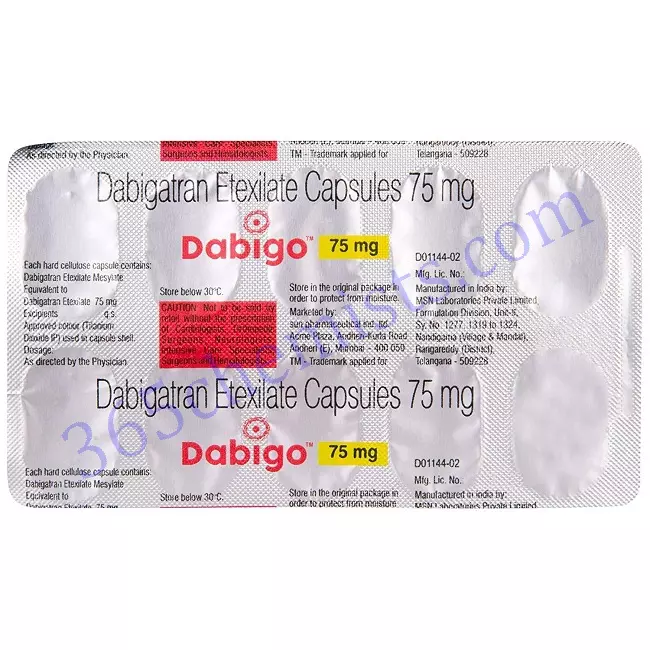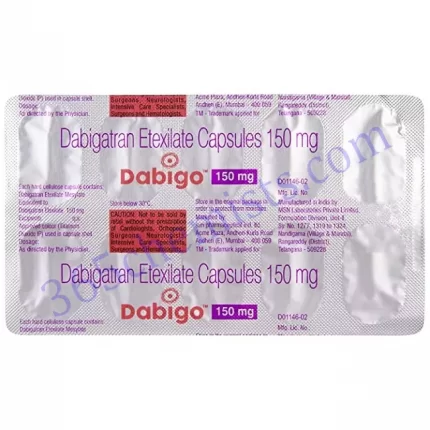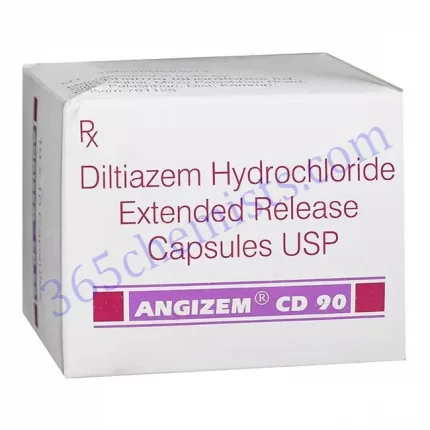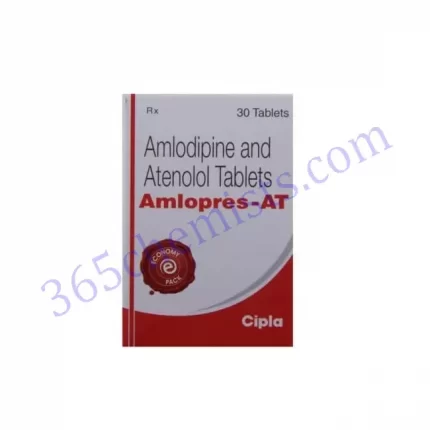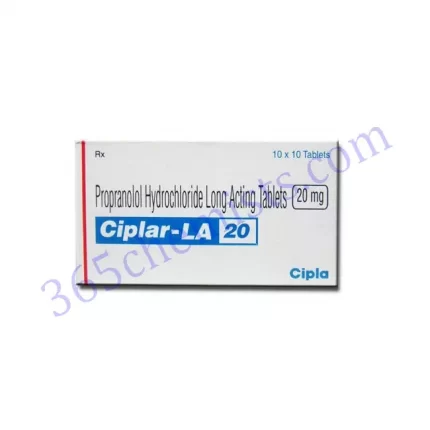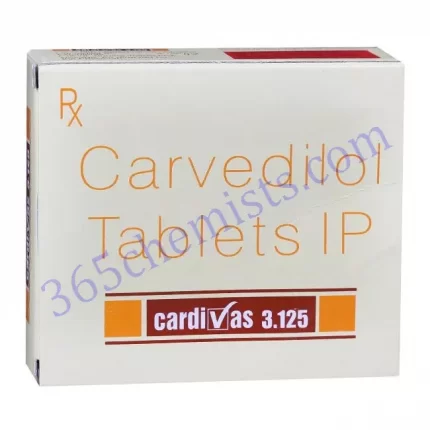Dabigo 75mg Capsule (Dabigatran Etexilate): A Comprehensive Overview
A drug known as Dabigo 75mg Capsule, which contains Dabigatran Etexilate as its active component, can be purchased online. Patients who are at an increased risk of thromboembolic events are typically given this medication, which is referred to as a direct oral anticoagulant (DOAC). In the following detailed explanation, we will give you with essential information about Dabigo 75mg Capsule, including its applications, recommended dosage, potential adverse effects, and safety precautions.
Uses of Dabigo 75mg Capsule
The primary purpose of the Dabigo 75mg Capsule is to lessen the likelihood that patients with non-valvular atrial fibrillation (NVAF) would suffer from a stroke or a systemic embolism. NVAF refers to a condition that affects the heart and is characterised by an irregular heart beat. This medicine works to prevent the formation of blood clots by reducing the activity of thrombin, which is an enzyme that is involved in the process of clotting blood.
Dosage and Administration
The Dabigo 75mg Capsule should be taken orally twice daily at a dosage of 75mg. This is the suggested dosage. It is essential to ensure that the amount and length of therapy prescribed by your doctor are carried out in accordance with the directions supplied by your healthcare expert. The capsules should be taken with a full glass of water and should be swallowed whole. You can choose to take them with or without food.
If you forget to take a dose, you should take it as soon as you remember, unless it is getting close to the time of the next dose that you are supposed to take. In these kinds of situations, the dose that was supposed to be taken should not be taken at all; rather, the usual dosing schedule should be continued. It is not a good idea to take double the normal dose in order to make up for a missed one.
Side Effects
Even though it is generally well accepted, the Dabigo 75mg Capsule could potentially produce certain adverse effects. Symptoms of the gastrointestinal tract, such as indigestion, nausea, abdominal discomfort, and diarrhoea, are among the most often reported adverse effects. In most cases, these adverse effects are moderate in nature and very temporary.
Patients may in some instances have bleeding, which may show as nosebleeds, bruising, or prolonged bleeding from minor cuts. In other instances, patients may experience prolonged bleeding from minor injuries. It is essential to keep a close eye out for any indications of excessive bleeding and to seek emergency medical assistance in the event that severe bleeding or signs of an allergic reaction, such as a rash, itching, or swelling, manifest themselves.
Related Product
Dabigo 75mg Capsule
Dabigo 150mg Capsule
Precautions and Warnings
Before beginning treatment with Dabigo 75mg Capsule, you should discuss any preexisting medical concerns with your healthcare provider. These conditions may include problems with your liver or kidneys, blood disorders, or recent surgical procedures. This information will help your doctor decide whether or not Dabigo 75mg Capsule is appropriate for you, as well as how much of the medication you should take.
When treating individuals who are at a greater risk of bleeding, such as those who have a history of gastrointestinal bleeding or certain types of tumours, it is important to exercise extreme caution when administering Dabigo 75mg Capsule. It is essential to take the medication exactly as directed and to refrain from taking more than the suggested amount.
Because suddenly stopping therapy with Dabigo 75mg Capsule or making any other adjustments to your treatment plan can raise the chance of developing a blood clot, it is important to get your physician’s approval before taking either of these actions.
Mechanism of Action
The capsule known as Dabigo 75 mg contains the active substance known as Dabigatran Etexilate. Etexilate of dabigatran is referred to as a prodrug since it is metabolised in the body to produce the active form of dabigatran. Because dabigatran is a direct thrombin inhibitor, this implies that it inhibits the activity of thrombin, an enzyme that is involved in the process of blood clotting, in a direct manner.
By suppressing thrombin, the Dabigo 75mg Capsule stops the transformation of fibrinogen into fibrin, which is an essential stage in the process of blood clot formation. Patients who have non-valvular atrial fibrillation can benefit from the anticoagulant action of this medication by lowering their risk of stroke and systemic embolism.
Drug Interactions
It is possible for Dabigo 75mg Capsule to interact with other drugs, which could decrease its effectiveness or raise the risk of bleeding if used together. You should let your doctor know about any and all medications you are currently taking, whether they are prescribed to you, available over-the-counter, or herbal supplements.
There is a possibility of drug interactions when taking Dabigo 75mg Capsule together with other medications, particularly antiplatelet pharmaceuticals, nonsteroidal anti-inflammatory drugs (NSAIDs), and other anticoagulants. Your physician will do an in-depth analysis of the possibility for adverse drug interactions and will change your treatment plan accordingly to minimise the risk to your health while maximising the benefits of the medicine.
Conclusion
Dabigo 75mg Capsule, also known as Dabigatran Etexilate, is a medicine that is frequently provided to patients who suffer from non-valvular atrial fibrillation as a means of lowering the risk of systemic embolism and stroke. You can ensure the safe and effective use of this drug by understanding the uses, dosage, side effects, and precautions connected with Dabigo 75mg Capsule. This will allow you to work closely with your healthcare practitioner to achieve the best possible results.
We hope that after reading this detailed explanation of Dabigo 75mg Capsule, you will be better equipped to make decisions regarding your treatment that are based on the information you have at your disposal. It is important to remember to seek the advice of your healthcare practitioner in order to receive individualised direction and to address any issues or questions that you might have.

